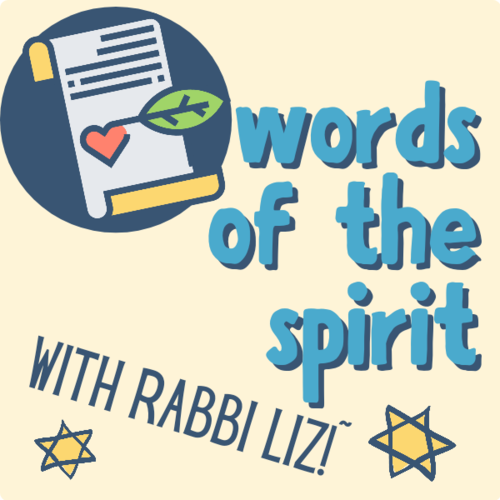5781's Hanukkah Miracle
09/12/2020 07:15:12 PM
| Author | |
| Date Added | |
| Automatically create summary | |
| Summary |
Nes gadol hayah sham. A great miracle happened there. Where? In Great Britain, of course. A vaccine developed to protect against SARS-CoV-2, the virus that causes COVID-19, is now being offered to British citizens, beginning with a widely publicized first injection on December 8.
That it is happening this week in the month of December – make that the month of Kislev – is noteworthy, in a multicivilizational sense. Students of Mordecai M. Kaplan, the rabbi, author and philosophical founder of Reconstructionist Judaism, may recognize the phrase “Living in Two Civilizations.” Living in two civilizations – or three, for us Reconstructionist in Canada – means acknowledging and integrating both the sacred and the secular into our lives, and therefore our calendars.
It’s an approach that makes, say, making the commemoration of the Universal Declaration of Human Rights, observed annually since its enactment on December 10, 1948, an occasion that can become fixed in Jewish time and observance as well as secular time. We have been marking Human Rights Shabbats at OrH for the past seven years, and this year is no different. We set the month in motion by looking at the question of territory or land acknowledgment this past shabbat, in the context of our forefather Jacob’s naming and renaming of ancient places in the weekly parshah. And at our next shabbat morning service on December 19, we’ll explore our capacity to name and witness racism as manifested within Jewish communities, using a lens informed by human rights as well as the deep structure of the Jewish prayer book with guest Rabbi Sandra Lawson.
It also didn’t escape my notice that last week, while anticipating our probe into the question of how we might shift our view of our relationship to the land on which we worship as a spiritual community, the Justice Minister David Lametti was introducing legislation to integrate Canadian laws with the principles enshrined in the UN Declaration on the Rights of Indigenous People (UNDRIP).
All these layers, and these strands of our multiple civilizations, were interlocking and embellishing a framework through which I often see the world at large. All these events, circumstances, relationships to the past – including the ancient, mythic past of our people and present-day relationship with other peoples, and with all humans – are for me always actively resonant in my multiple worlds.
So how do we, or should we, Jewishly mark the occasion of the first COVID-19 vaccinations? Many of us can likely recall that we had been forewarned not to anticipate vaccinations for at least a year from the pandemic’s outset, and likely longer. There is no question that its arrival this month is due to spectacular human achievement on the part of dedicated scientists, along with thousands of other humans tasked with so many aspects of the massive endeavour that is the making and distributing of vaccines to the population of a whole country, and eventually the whole world.
And. It happened in the month of Kislev, days before we will note a story from the ancient, mythic past of our people. On Hanukkah we mark a miracle of light, sustained over an improbable number of days. Hence each year, those same number of days are filled with ritual – eight days of candle lighting and blessing, song, games, gifts, special foods, and, in the synagogue, daily Torah readings and extra liturgical recitations, like the psalms of Hallel and the Amidah insertion that begins with the phrase: for the miracles.
Halleluyah! For the genius of the human mind, we offer praise and thanks!
For our capacity to find the gift present even in the shortest of days, and longest of years, we offer praise and thanks! Halleluyah!
Happy Hanukkah - may you find the gifts present in your lives, and may these days be illuminated for you with shining hope.
- Rabbi Liz
Sat, 5 July 2025
Special Messages from the Rabbi
Privacy Settings | Privacy Policy | Member Terms
©2025 All rights reserved. Find out more about ShulCloud







